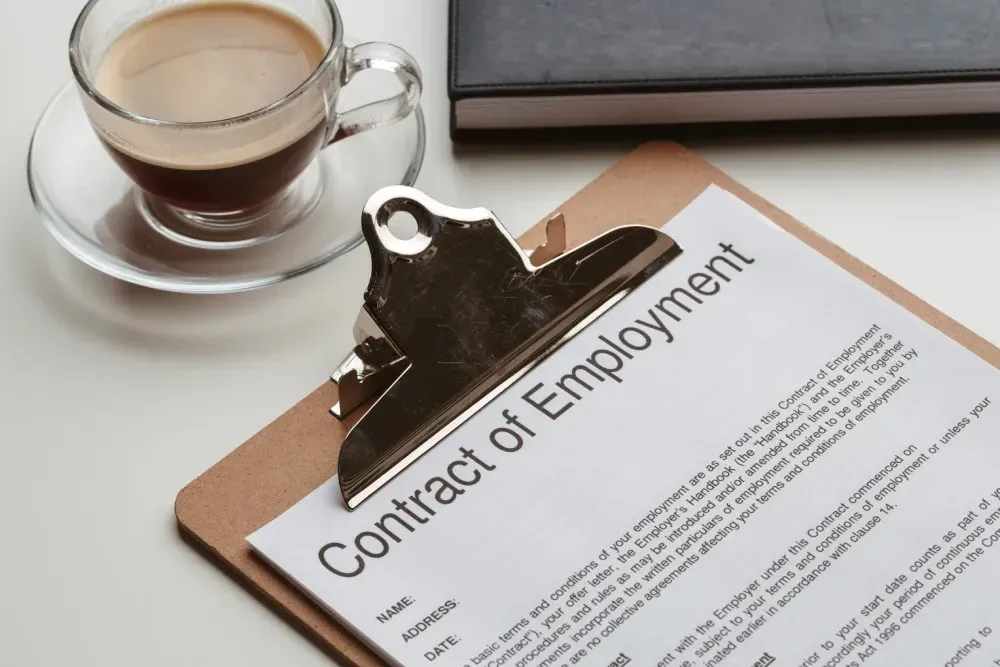Not All Injuries Are Physical: When Emotional Distress Becomes a Legal Case
Physical injuries like broken bones, concussions, and slipped discs are often the first thing people envision when they think about personal injury. However, as most adults are well aware of, not all grievous injuries manifest themselves on our corporal bodies. The impact of emotional distress can be just as significant. When it comes to personal injury law, it is essential to have an understanding of how emotional distress fits in when seeking compensation for damages. At the Law Office of Ball & Yorke, we understand just how profoundly emotional distress can mark a client’s life. Here’s how emotional distress fits into the context of personal injury law.
Emotional Distress Is Considered A Personal Injury
In the field of personal injury law, emotional distress refers to the non-physical damage suffered by a person as the result of an incident. Emotional distress can range from suffering due to depression, anxiety, trauma, or other serious emotional responses stemming from negligence or wrongful acts. Emotional distress is commonly called “pain and suffering” in personal injury claims, and is recognized by the state of California as a non-economic damage.
For example, the victim of a car accident may express emotional distress even if they didn’t sustain serious physical injuries. Medically diagnosable conditions such as anxiety, PTSD, and depression may be attributed to the accident. With personal injury claims the challenge is to be able to present sufficient evidence for demonstrating the extent of the emotional suffering the client experienced, and how it impacted the individual’s life. An experienced personal injury lawyer will help gather expert testimony and ample documentation to prove such claims.
Ways Emotional Distress Can Impact Someone’s Life
A traumatic event can trigger emotional distress that can impact an individual’s physical and mental well-being significantly. Such distress manifests in different forms and can alter the way a person leads their life. Some examples of how this can happen include:
- Anxiety disorders: Intense feelings of worry, fear, and apprehension that impact daily life. Symptoms of anxiety disorders include excessive worrying, panic attacks, difficulty concentrating or sleeping, and restlessness
- Post-Traumatic Stress Disorder (PTSD): This may occur after traumatic events such as violence, accidents, or natural disasters. Symptoms range from flashbacks, nightmares, and panic attacks to debilitating anxiety and fear.
- Humiliation and embarrassment: Experiences that undermine a person’s dignity or self-worth such as public humiliation or harassment can cause emotional distress.
- Grief and bereavement: When a loved one dies, it leaves lifelong scars and uncontrollable sadness.
You Can Sue For Emotional Distress
In California, plaintiffs can sue for emotional distress even without a related physical injury. Conditions such as PTSD or depression may be sufficient basis for a tort claim on their own. In certain cases, if substantial proof shows the distress was the result of an individual’s negligent or intentional actions, then emotional distress damages can be pursued.
Contact Us Today
At the Law Office of Ball & Yorke, we know first-hand how deeply emotional distress can impact a person’s life. Not all scars are on the outside. If you or somebody you love has been the victim of a personal injury accident, call the
Law Office of Ball & Yorke to consult with an experienced personal injury lawyer today.











